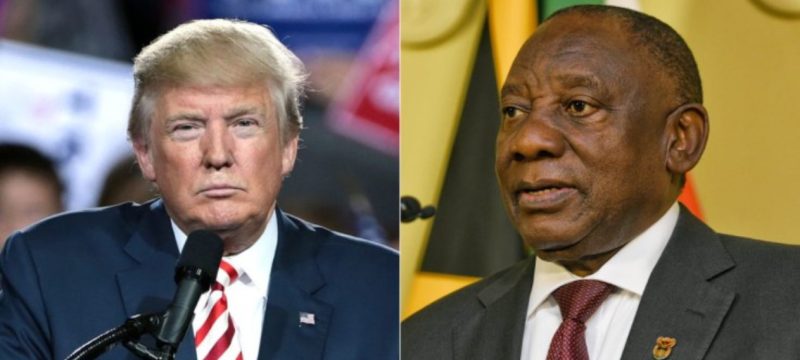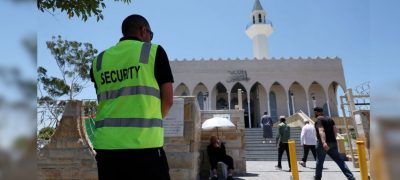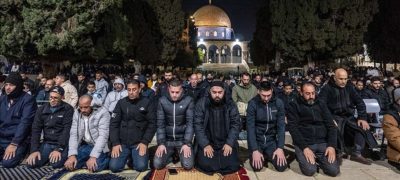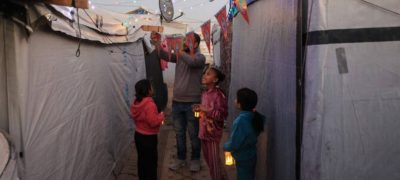White community groups in South Africa have rejected former US President Donald Trump’s offer to grant them refugee status and resettlement in the United States. The offer was part of an executive order signed by Trump on February 9, which also halted US aid to South Africa in response to what his administration labeled “rights violations” against the country’s white citizens.
The executive order specifically addressed violent attacks on white Afrikaner farmers and criticized South Africa’s land expropriation law, which allows the government to seize agricultural property from minority Afrikaners without compensation. Trump’s portrayal of Afrikaners as an oppressed group has drawn both local and international attention, though many within the community have dismissed the notion of being in immediate danger.
Also Read: Trump Reveals Plan to Buy Gaza, Urges Gulf Nations to Aid Reconstruction
Afrikaner Leaders Reject US Resettlement Plan
Despite Trump’s portrayal of Afrikaners as vulnerable, two major organizations representing the group—Solidarity and AfriForum—have firmly rejected the offer of resettlement. Dirk Hermann, CEO of Solidarity, which represents around 2 million Afrikaners, declared that their members “are committed to building a future here” in South Africa. Similarly, Kallie Kriel, head of AfriForum, reiterated, “We don’t want to move elsewhere.”
Their statements stand in stark contrast to the narrative put forward by the Trump administration, which has suggested that Afrikaners face persecution under South Africa’s current policies, particularly regarding land redistribution.
South African Government Pushes Back on Trump’s Claims
The South African government, led by President Cyril Ramaphosa, has vehemently denied Trump’s allegations. The government insists that the land expropriation law is aimed at addressing the historical inequalities of apartheid and that the portrayal of white farmers as a persecuted minority is misleading. In response to the sanctions, a government spokesperson described the assertion that Afrikaners need to flee the country as “devoid of all truth.”
Many South Africans, including market trader Sithabile Ngidi from Johannesburg, have also questioned Trump’s understanding of the country’s dynamics, noting that white South Africans continue to hold significant economic privileges.
Enduring Economic Disparities
Despite claims of mistreatment, white South Africans still control about 70% of private farmland and maintain considerable economic influence. Only a small percentage live in poverty, in contrast to the 64% of Black South Africans living below the poverty line, according to a 2021 study by the South African Human Rights Commission.
The ongoing debate over land redistribution, coupled with the government’s broader efforts to address economic inequality, remains a contentious issue. While Afrikaner groups argue that the land expropriation law targets them unfairly, the government views it as a necessary step toward correcting historical injustices.
Misinformation and Diplomatic Tensions
The South African government has accused the Trump administration of promoting a “campaign of misinformation” regarding the country’s land reform efforts. Critics argue that Trump’s focus on Afrikaners ignores the broader context of economic disparities and the ongoing struggle to achieve equity in post-apartheid South Africa.
As the country continues to grapple with its complex past, the debate surrounding land expropriation, economic reform, and racial tensions remains unresolved, with Trump’s refugee offer adding another layer of complexity to an already heated issue.









